6 Questions to Ask When Having Your Septic System Inspected
Having a septic system inspected can be a daunting task for homeowners unfamiliar with the process. Yet, regular inspections are crucial for maintaining a healthy system and preventing costly repairs. Knowing the right questions to ask can ensure that the inspection is comprehensive and informative. Understanding these questions will allow you to have a productive conversation with your inspector, ultimately enhancing the longevity and reliability of your septic systems.
1. What Is the Current Condition of the Septic Tank?
The condition of your septic tank is a fundamental aspect of the overall health of your septic system. It’s important to discuss with your inspector whether there are any visible signs of damage or corrosion. Identifying these issues early can prevent more serious problems down the line. Corrosion, for instance, may not only lead to leaks but can also compromise the structural integrity of the tank. Addressing such concerns can significantly improve the lifespan of your septic system.
Another critical question to ask pertains to the maintenance history of your septic tank. Frequent maintenance checks can help detect minor issues before they develop into major problems. An unmaintained tank is more susceptible to blockages and eventual failure. Regular pumping and cleaning should be part of the septic system upkeep. We recommended having septic tanks be pumped every three to five years depending on the household size and water usage.
The material of your septic tank also plays a significant role in its durability. Common materials include concrete, fiberglass, and plastic, each with its advantages and potential drawbacks. Concrete is strong and durable but can crack; fiberglass is resistant to corrosion but can be damaged if improperly installed.
2. How Is the Drain Field Performing?
The drain field is a crucial component of your septic systems, responsible for dispersing effluent from the tank into the surrounding soil. One of the key questions involves determining the signs of saturation or failure in the drain field. Saturated drain fields can lead to sewage surfacing on your property or backflow into the house. Recognizing these signs can prompt timely action to avert environmental and health hazards. Discussing the condition of your drain field with the inspector is an essential step in safeguarding your property.
The condition of the soil in the drain field area is another vital concern. The soil must be capable of adequately absorbing and filtering the wastewater. Soil compaction or unsuitable soil types can hinder this process and lead to system failure. Regular soil evaluations can avert long-term problems and costly repairs. It is worthwhile to consider any potential threats such as tree roots or construction projects that might affect the drain field.
Appropriate drain field sizing is crucial for system efficiency. A field that is too small could become overloaded, whereas an overly large one might be unnecessarily expensive. Discussions with your inspector can help determine if the current sizing is adequate for your current and future needs. According to the EPA, more than one in five households in the U.S. depend on individual septic (decentralized) systems or small community cluster systems to treat their wastewater.
3. Are There Indications of Sewage Backups?
Sewage backups can be both unpleasant and costly, which is why you should always inquire about indications that may signal backups. Backups can occur due to various reasons such as blockages or system overloads. Identifying whether backups have occurred frequently can highlight underlying issues that need to be addressed. This discussion can lead to preventative measures that protect your system from expensive damage. Monitoring these indicators should be a routine part of septic system maintenance.
Understanding the common causes of backups found during inspections is vital to taking preventive actions. Backups can often be traced to non-biodegradable items being flushed or excessive water usage. Educating your household on proper usage of the septic system can drastically reduce the likelihood of backups. Routine inspections and maintenance can identify potential issues before they lead to serious problems. Prevention not only saves money but also maintains a healthy living environment.
4. What Do the Inspection Records Tell Us?
The history of past septic system inspections can provide insight into the system's current state and future maintenance needs. Asking about how long these records go back is fundamental for understanding your system's health. A longer history can highlight trends and recurring issues that require attention. Consistent documentation ensures that potential problems are diagnosed and rectified promptly. This historical perspective can help in strategizing future maintenance and inspections.
Recurring issues noted in past reports can offer clues about underlying systemic problems. These issues might include frequent backups, signs of tank deterioration, or inadequate drain field performance. Recognizing patterns in such reports allows homeowners to take proactive steps toward effective long-term solutions. Understanding these trends can also help in budgeting for future system upgrades or replacements. A comprehensive discussion of past inspection records can effectively guide future maintenance plans.
Comparing current inspection results with previous ones can reveal both improvements and areas that still need attention. This comparison helps in assessing how effective past repairs and interventions have been.
5. Are There Recommendations for Improving the System’s Longevity?
Securing recommendations for extending the life of your septic system is invaluable. Asking your inspector about preventive measures that can be implemented is a crucial step in safeguarding your investment. Preventive steps might include proper water management, avoiding chemical drain cleaners, and regular pumping schedules. Understanding these measures can drastically improve system efficiency and longevity. Enhanced management practices not only delay the need for expensive repairs but also ensure the system functions optimally.
Inquiring about available technology upgrades can also contribute to extending the lifespan of your septic system. Cutting-edge advancements in treatment and monitoring technology can offer more efficient and environmentally friendly solutions. Automated monitoring systems or alternative advanced treatment units can provide better effluent quality and ease of maintenance. These innovations present an opportunity to enhance the system's efficiency while reducing its environmental footprint.
Understanding the impact of your household’s usage patterns on the septic system is crucial. Overuse or inappropriate waste disposal can lead to significant complications and eventual failure.
6. How Will Environmental Factors Affect My Septic System?
Environmental factors can significantly impact the performance and longevity of septic systems. Discussing with your inspector whether there are nearby water sources that might pose a threat is essential. Such water sources can contribute to groundwater contamination or complicate system drainage. Ensuring that your septic system is adequately distanced from these elements is critical. Keeping track of these environmental factors can guide protective measures to maintain system integrity.
The seasonal weather impacts on septic systems should not be underestimated. Cold weather, for instance, can freeze drainage pipes and soil, while heavy rains might saturate the drain field. Understanding how these elements interact with your system aids in crafting effective preventive strategies. Your inspector can guide you in preparing your septic system for seasonal changes. Ensuring compliance with local regulations concerning environmental interaction is also crucial for system health.
Understanding and maintaining your septic system is vital for preventing unexpected repairs and ensuring long-term, efficient operation. By asking the right questions during an inspection, you gain valuable information that helps safeguard your property and the environment. Contact Reliable Septic & Services today for more information.
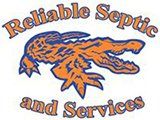
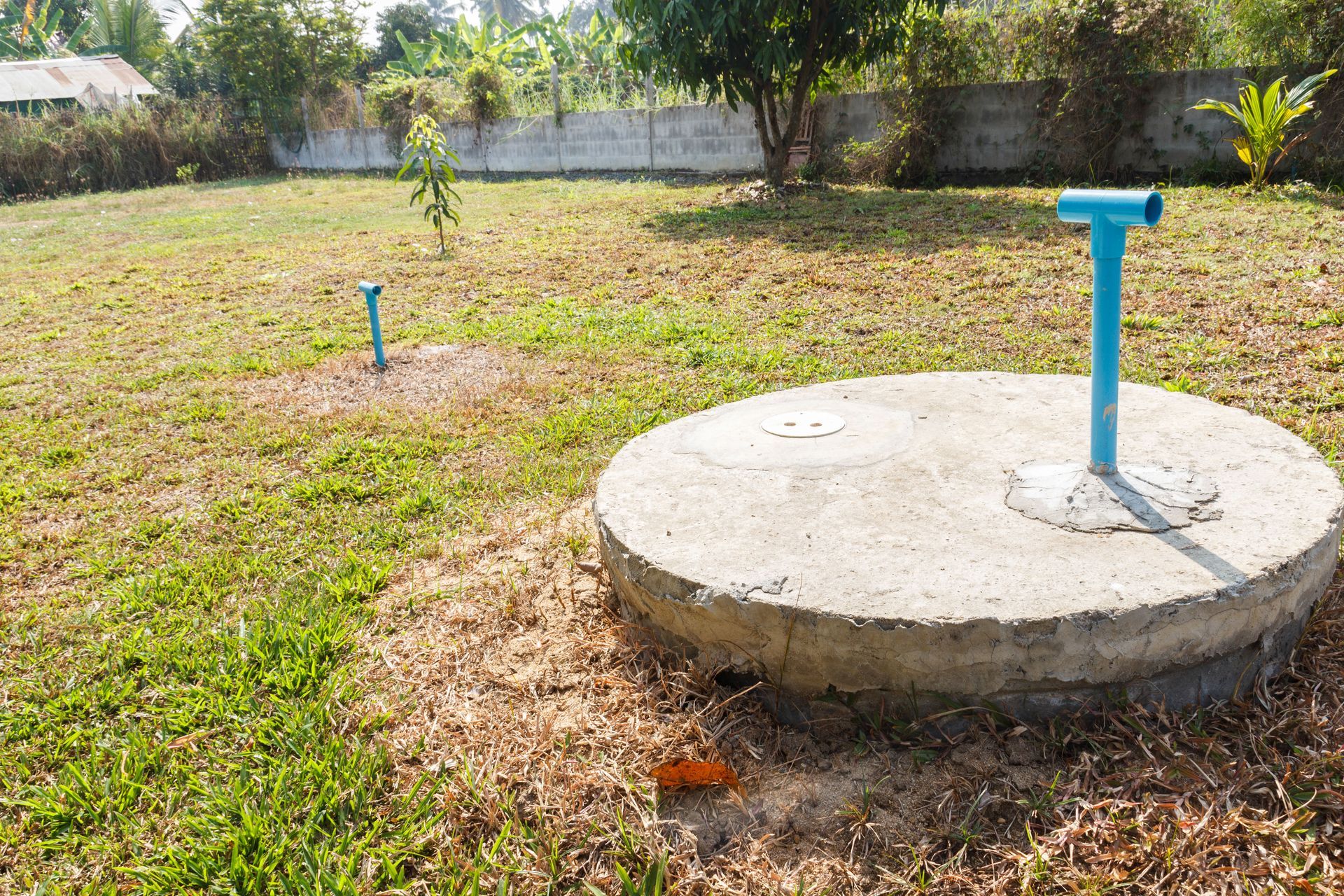
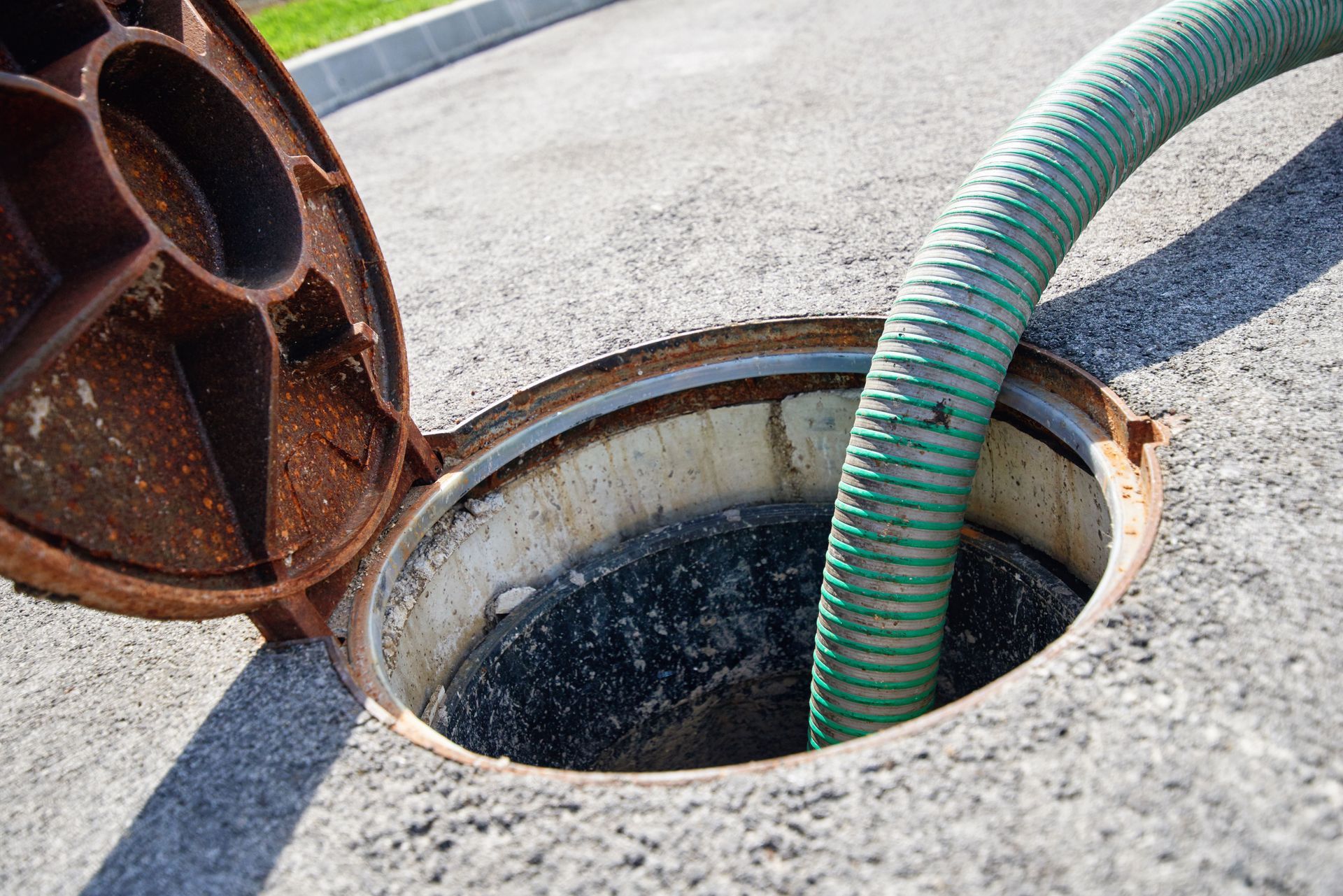
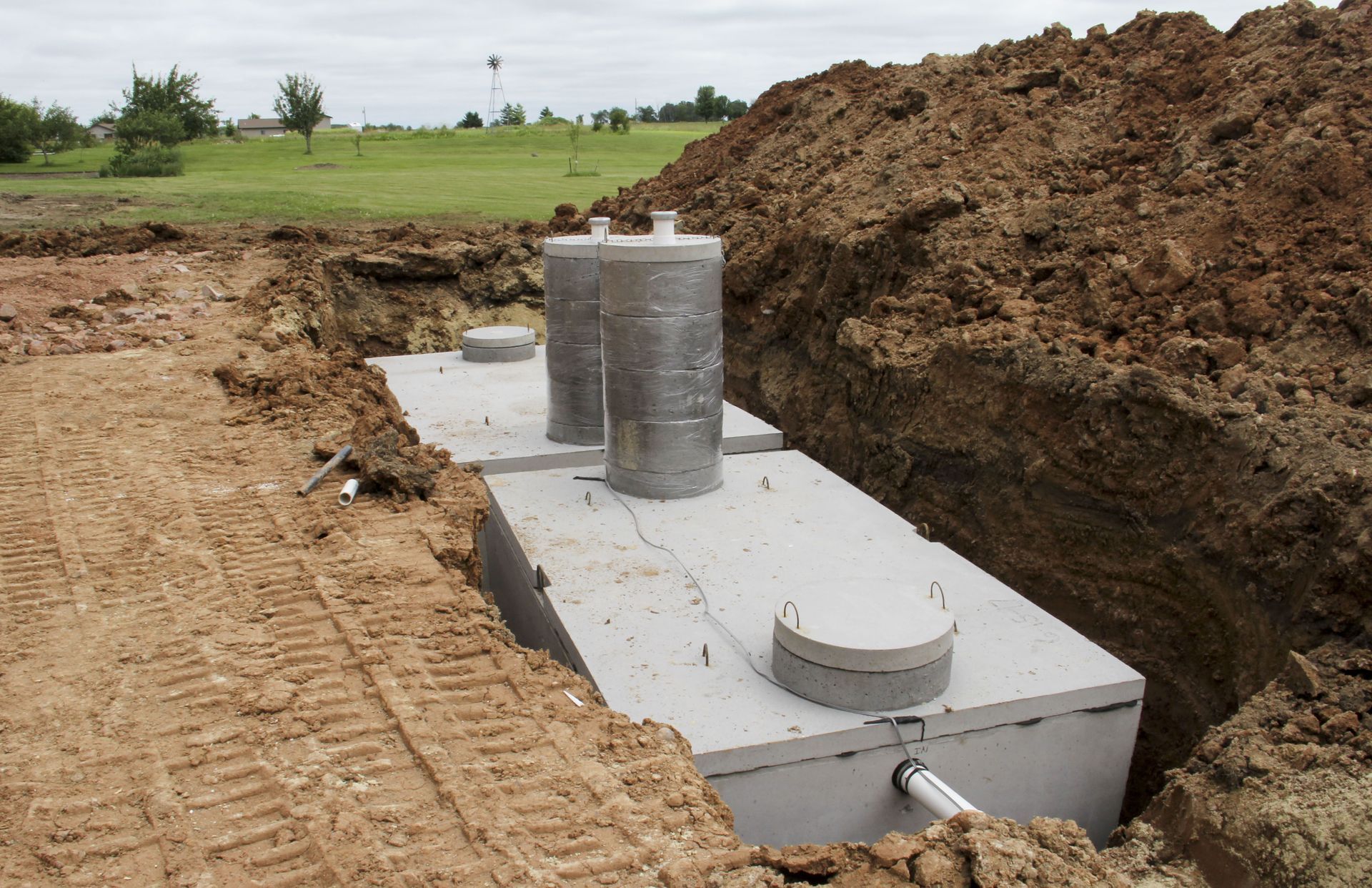
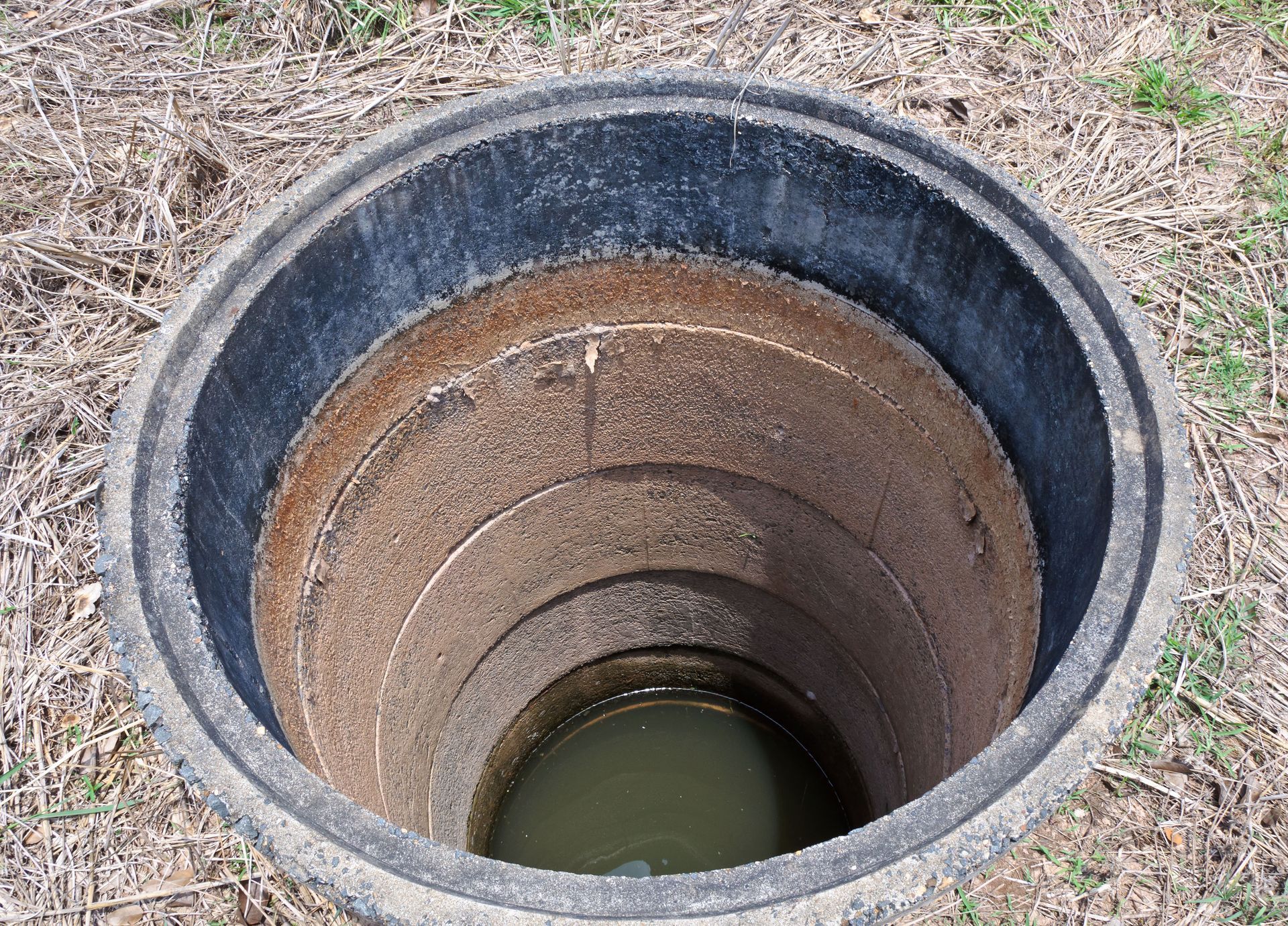
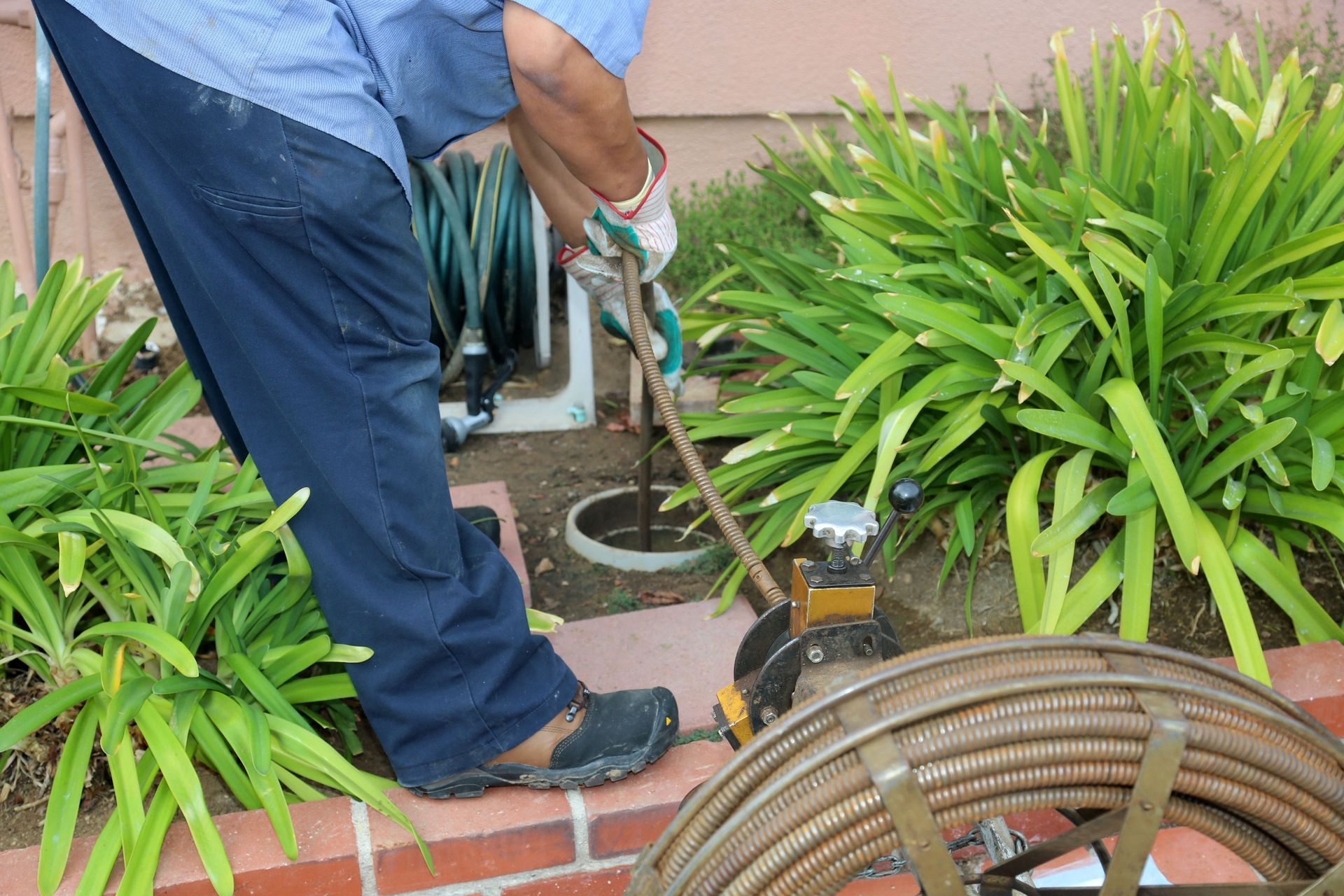
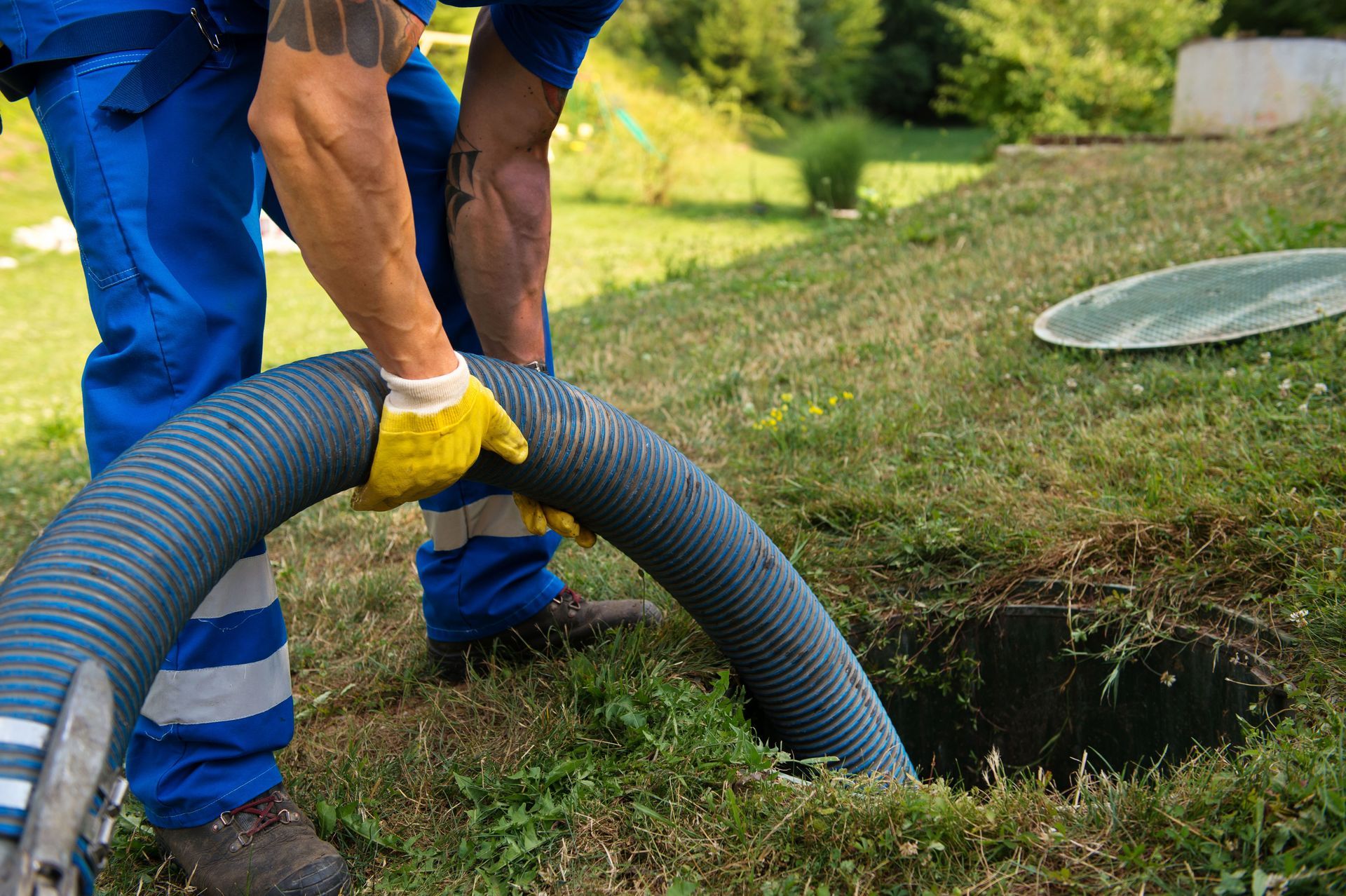
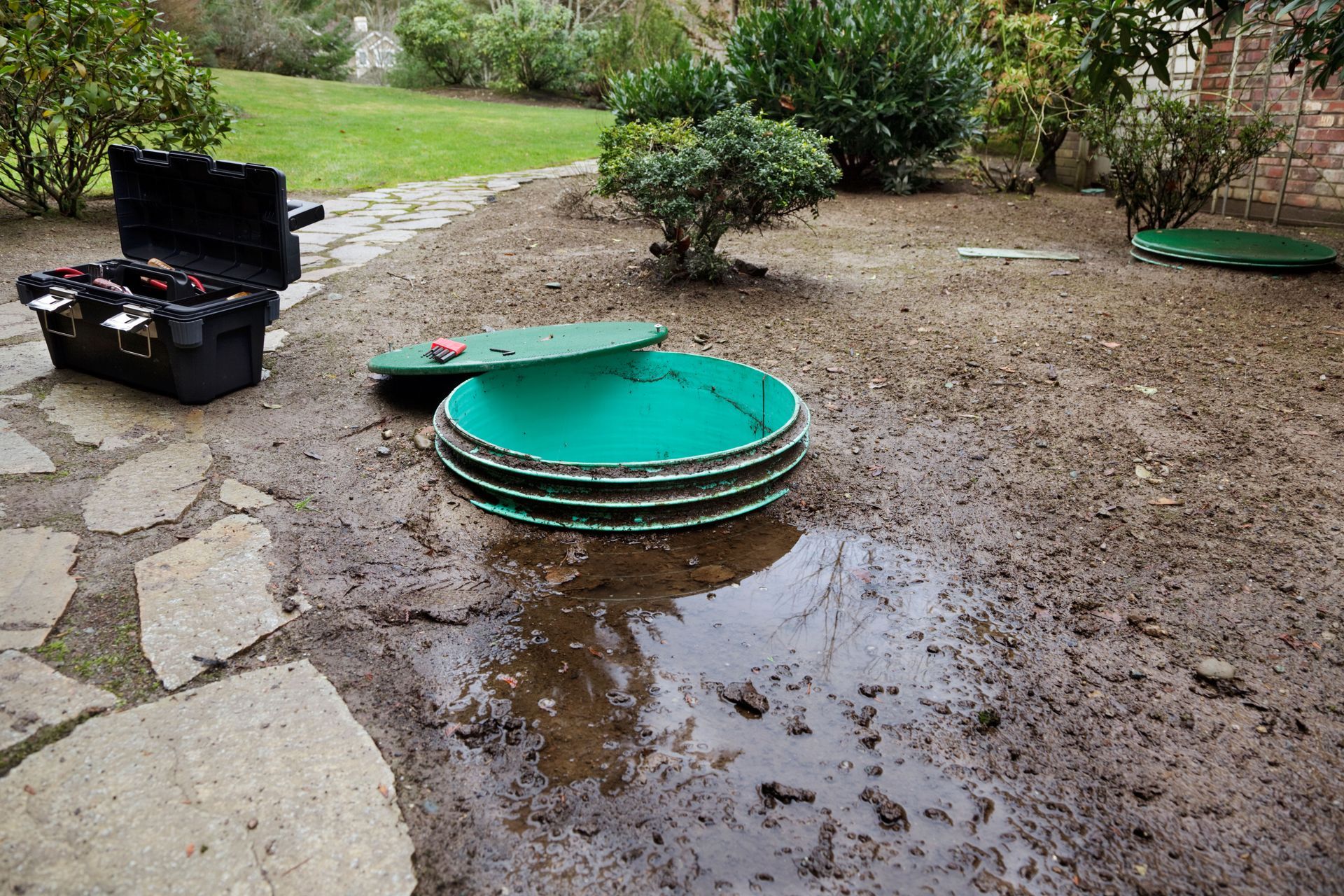
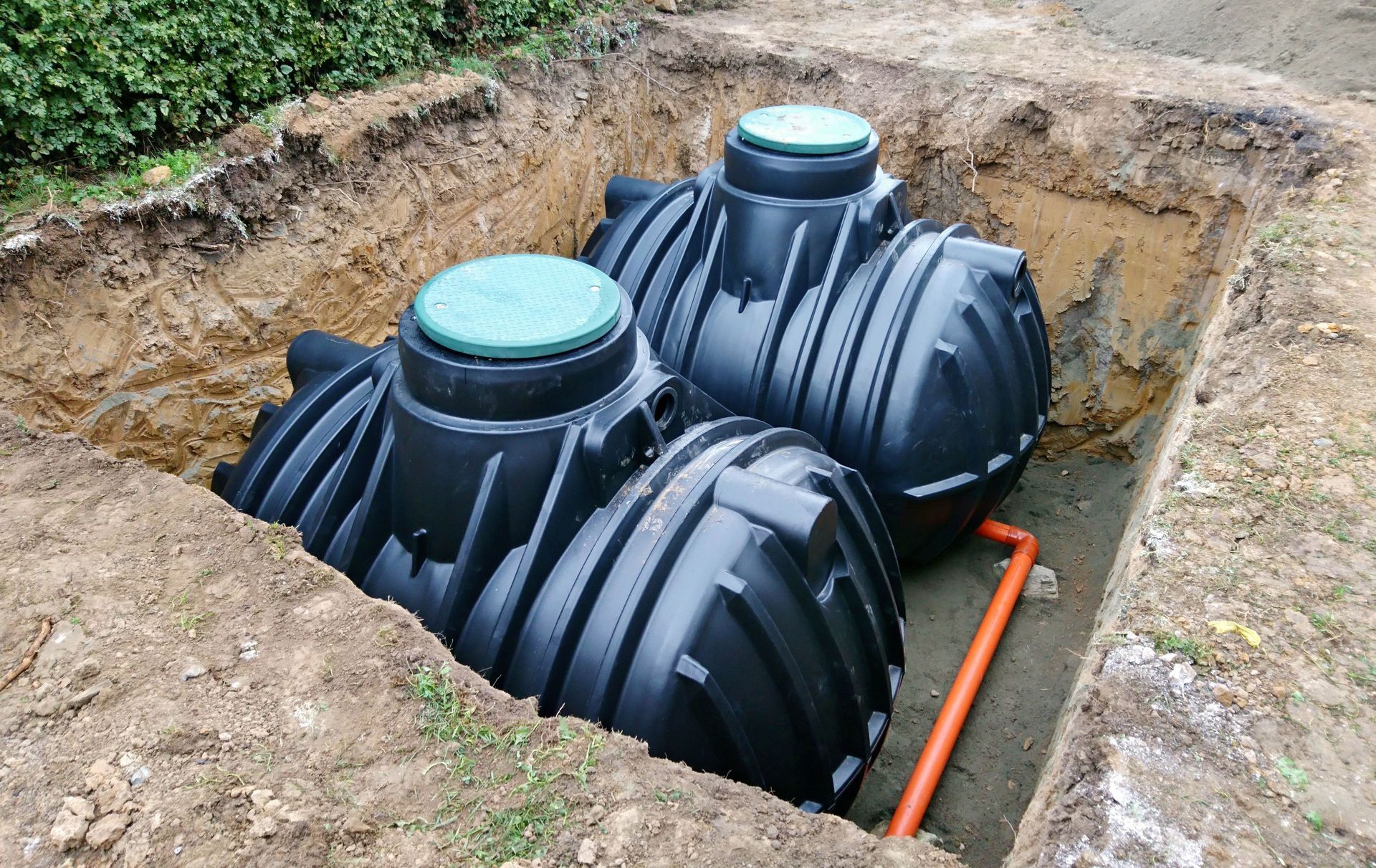
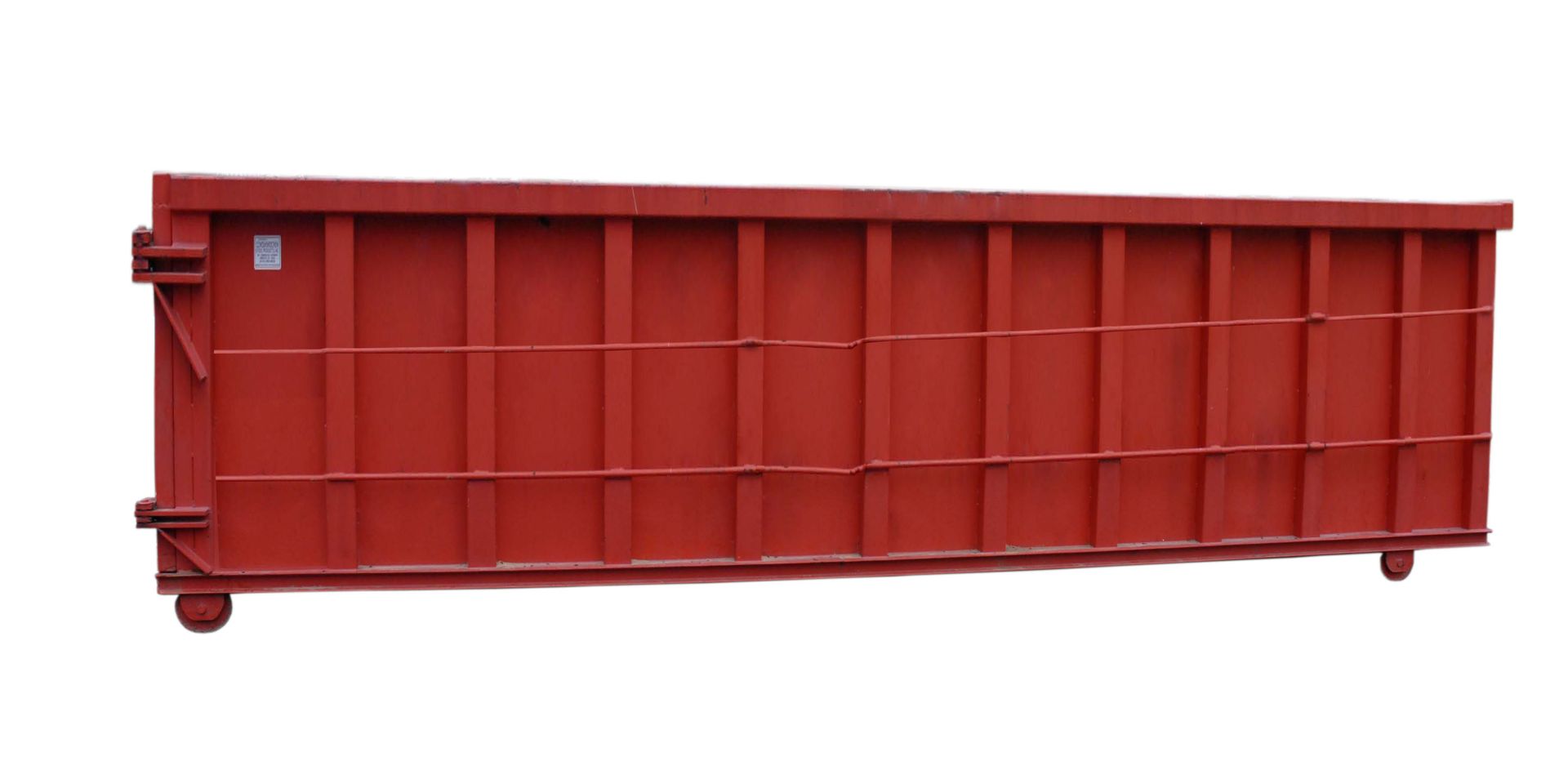
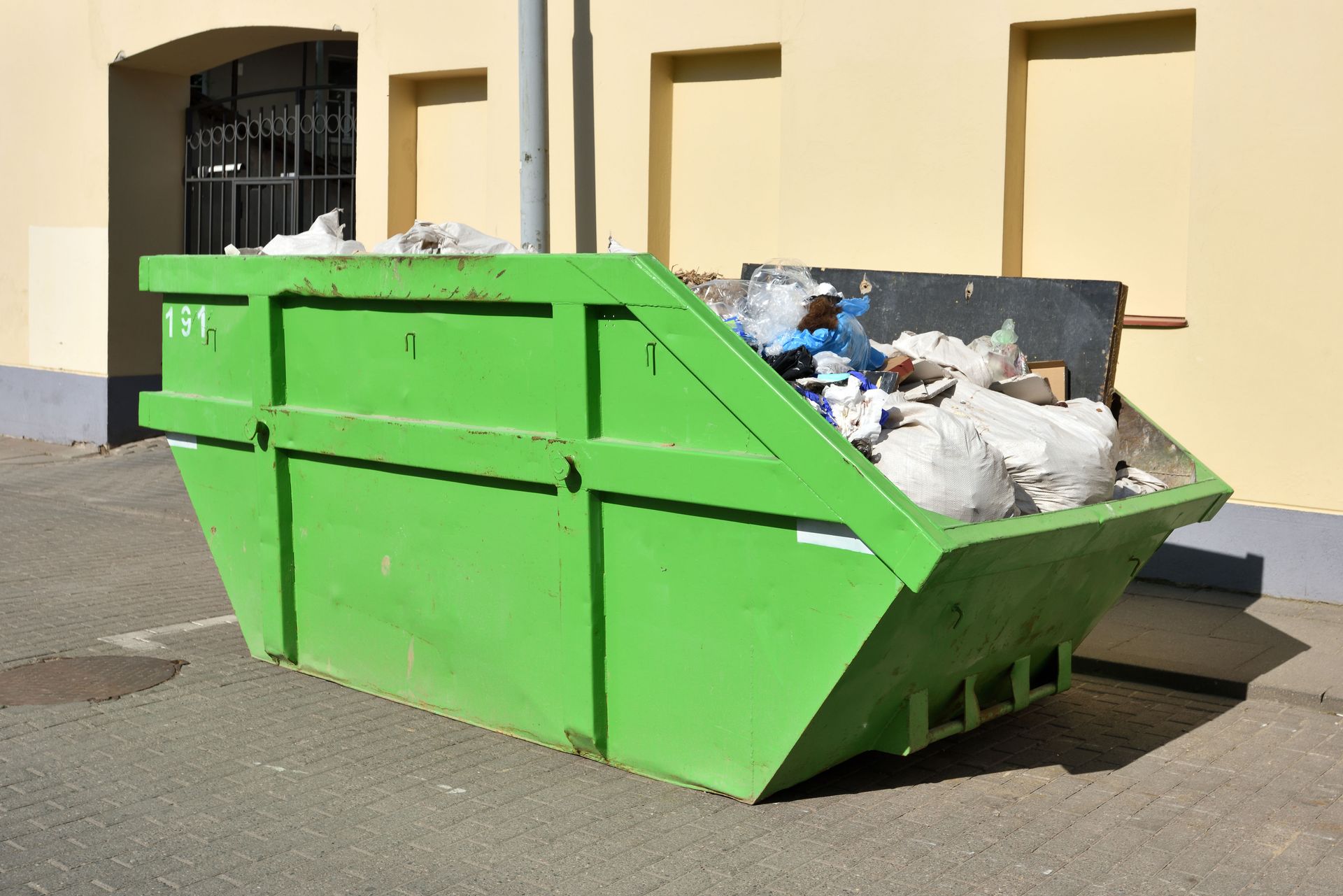
Share On: